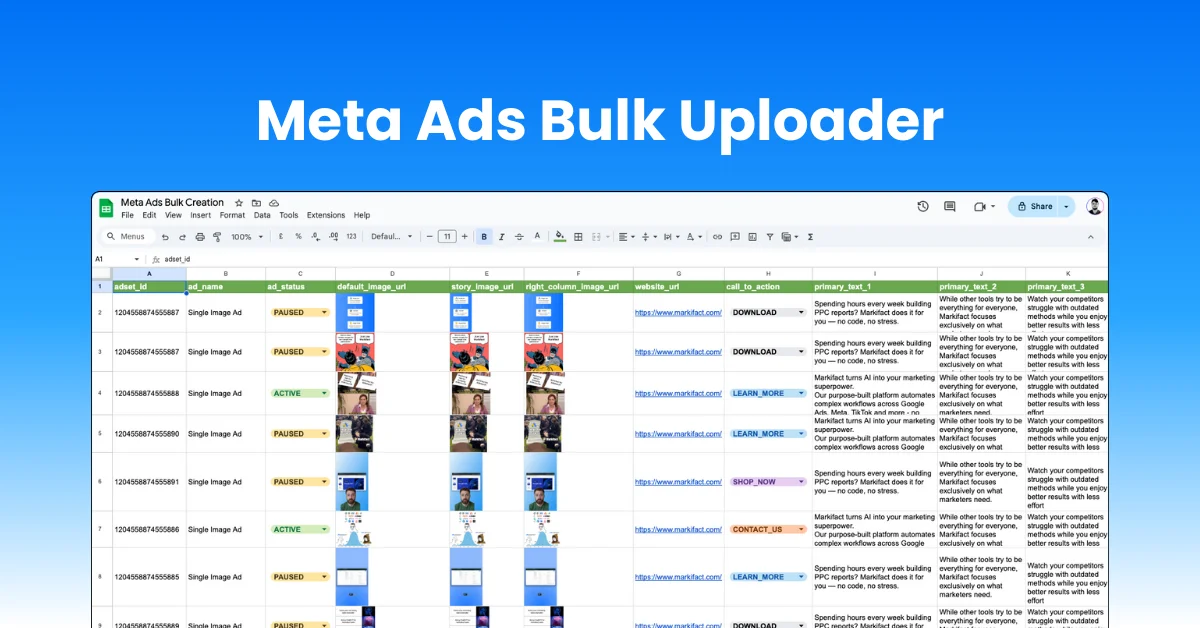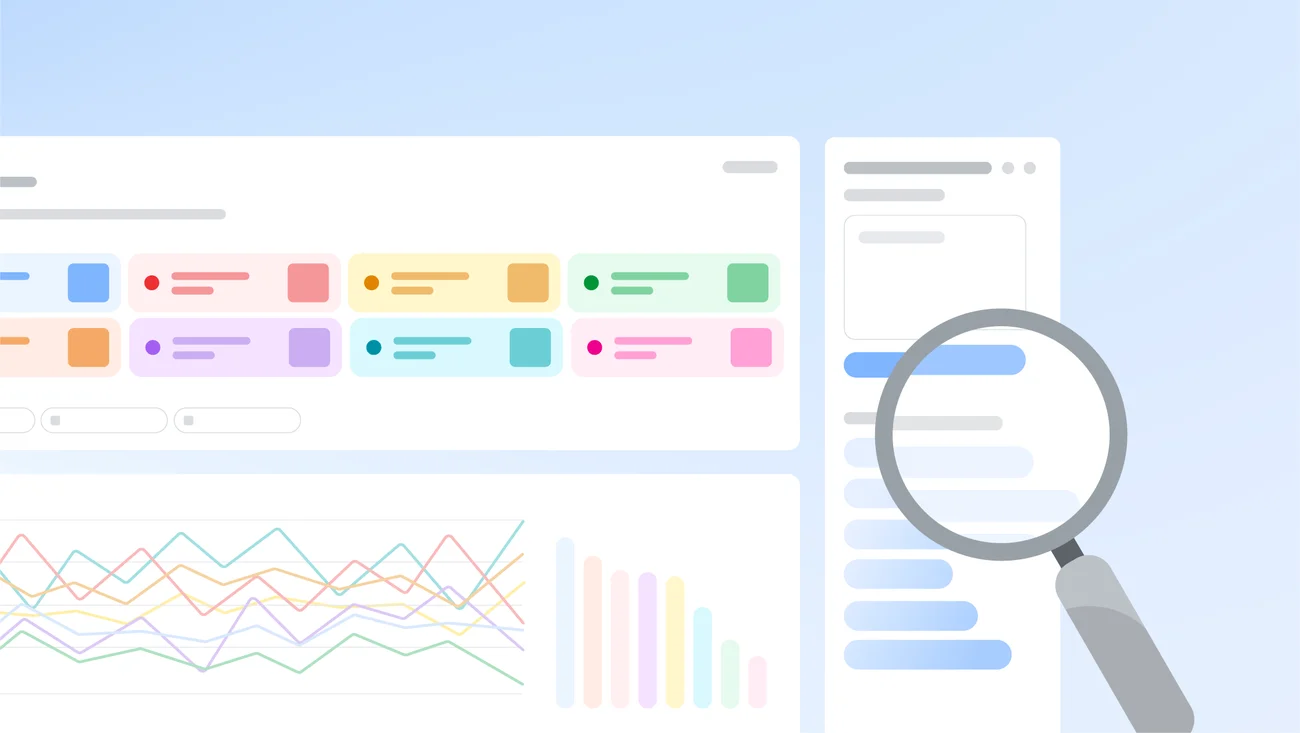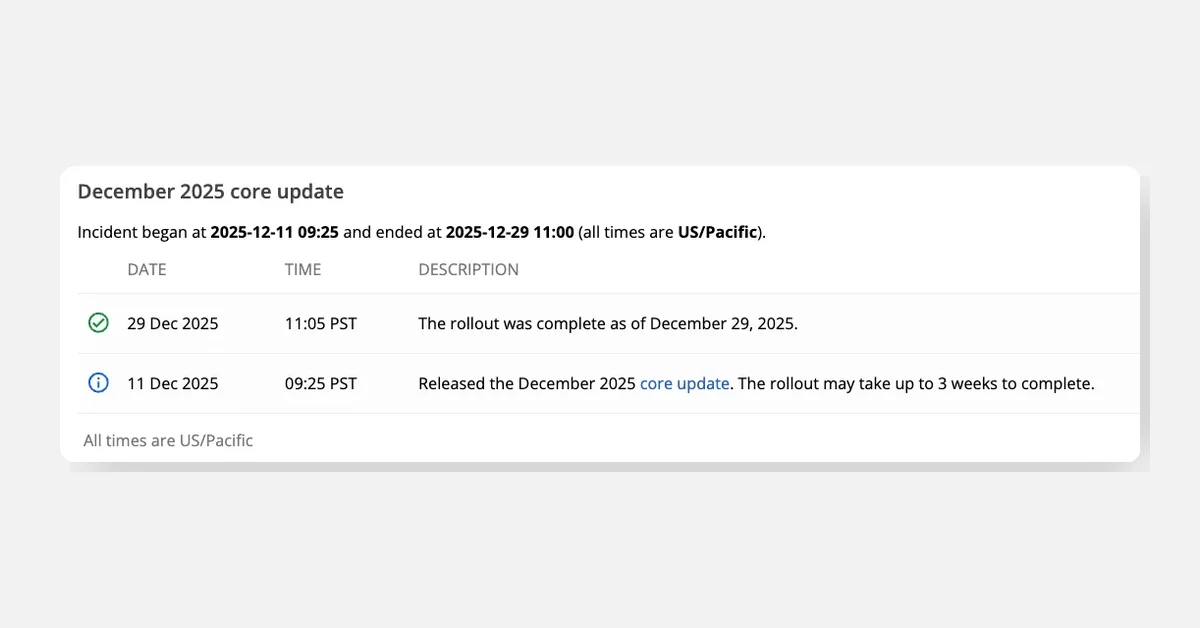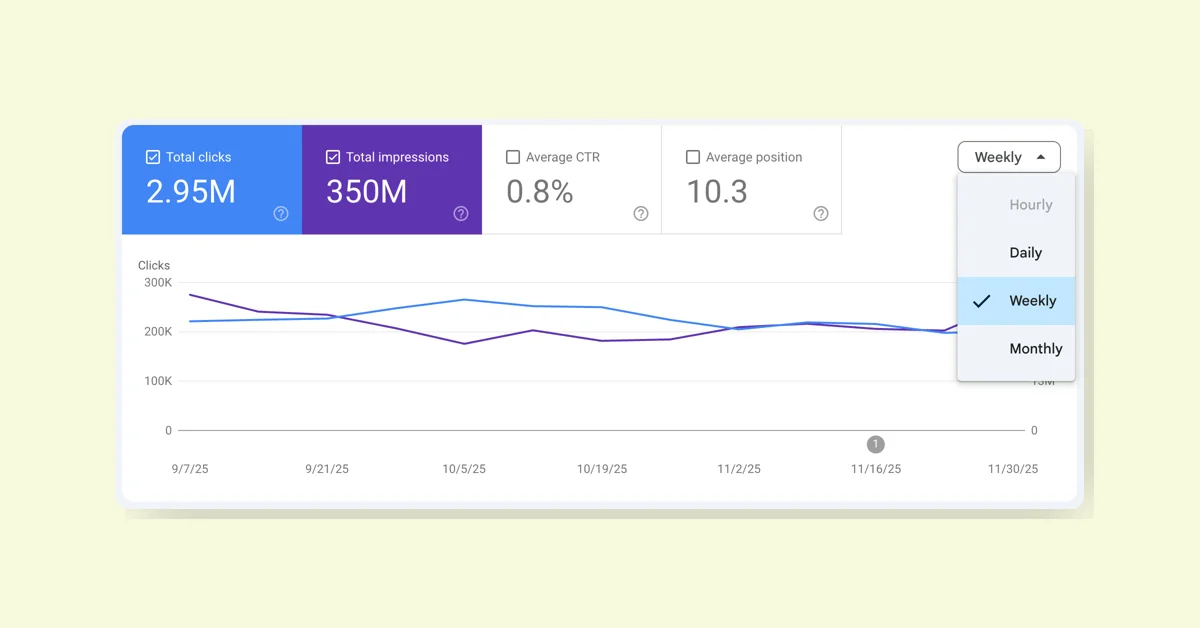Google must face a class action lawsuit accusing it of collecting user data through Chrome without consent. A federal appeals court reversed a December 2022 ruling that dismissed the case, stating the lower court should have reviewed Google's disclosures to determine if a reasonable user would think they were consenting to data collection.
Background of the Lawsuit
- Initial Filing: The lawsuit was first filed in 2020.
- Allegations: Plaintiffs claimed Google collected data such as browsing history, IP addresses, persistent cookie identifiers, and unique browser identifiers without explicit permission, regardless of whether Chrome sync was enabled.
- Google's Defense: Google argued that users consented by accepting its privacy policy. Judge Yvonne Gonzalez Rogers initially agreed and dismissed the case, stating Google had adequately disclosed the data collection.
Appeals Court Decision
- Judge Milan D. Smith Jr.'s Opinion: The appeals court found that the lower court did not consider whether users actually understood the privacy agreement. Smith noted that Google promoted Chrome by suggesting certain information would not be sent to Google unless sync was enabled.
- Reconsideration: The case will return to the lower courts for further review.
Google's Response
Google spokesperson José Castañeda expressed disagreement with the ruling, asserting that Chrome Sync helps users seamlessly across devices and has clear privacy controls. He also clarified that an upcoming change, where users won't need to enable Chrome sync to access saved information, is unrelated to the litigation.



















